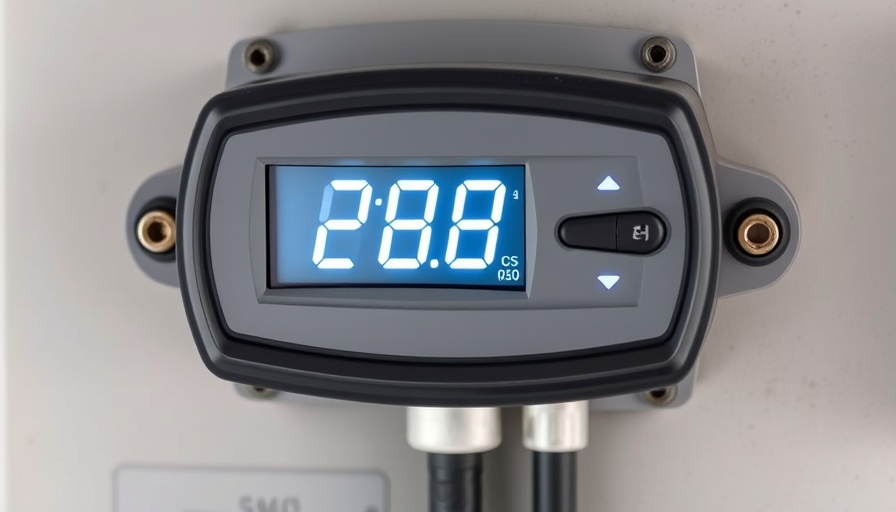
Electricity Surcharge Stability: A Relief Amid Economic Pressures
In a move signaling solidarity with Johannesburg residents, Mayor Dada Morero announced that the prepaid electricity surcharge will remain unchanged at R200 for the upcoming financial year. Amidst rising concerns about economic sustainability and service delivery in South Africa, this decision reflects an understanding of the financial burdens that many residents face.
Background on Johannesburg’s Electricity Infrastructure
The electricity surcharge, introduced as a mechanism to maintain vital infrastructure, has often been a point of contention. While R200 may seem modest, it plays a crucial role in ensuring that maintenance costs for equipment and services are covered. Mayor Morero emphasized that without this fee, the responsibility for infrastructure upkeep could fall short, ultimately affecting electricity reliability. It is important to note that over 103,000 customers on the expanded social package are exempt from this surcharge, which mitigates the fee's impact on lower-income households.
The Broader Political Context
This announcement comes at a pivotal moment in South Africa’s political landscape. As the 2024 general elections approach, political parties—including the African National Congress (ANC), Democratic Alliance (DA), and Economic Freedom Fighters (EFF)—are re-evaluating their platforms and strategies to address pressing issues like service delivery, corruption, and the economic crisis. Rising electricity costs and infrastructure issues have been central to public discontent, and the mayor's decision could be viewed as an effort to stave off potential backlash against the ruling coalition government, which includes the ANC.
Future Implications for Johannesburg Residents
For the residents of Johannesburg, the stability of the surcharge is not simply a matter of financial practicality; it is linked to larger questions of economic policy and governance. With all modern developments pointing towards increasing energy demands, especially in urban areas, the need for sustainable energy policies is dire. Mayor Morero’s statement not only serves as a temporary reprieve but also raises questions about long-term strategies that might be necessary to meet future energy demands safely and reliably.
Political Repercussions and Coalition Dynamics
The decision also highlights the intricate dynamics of coalition politics in South Africa. As various parties jockey for position leading up to elections, public sentiment surrounding service delivery, including energy provision, will be a crucial factor influencing voter turnout. The stability surrounding electricity pricing underscores the coalition government's need for accountability and effective governance to ensure residents feel represented and protected against economic strains.
A Call for Accountability and Engagement
It is essential for the public to remain engaged in the discourse surrounding electricity pricing and broader service delivery issues. Residents must be proactive, demanding transparency and accountability from their leaders, particularly when it comes to budget allocations and infrastructure development. Addressing these issues effectively requires not only government action but also robust civil society engagement to ensure that all voices, particularly those in underrepresented communities, are heard.
As we look to the future with the 2024 and 2026 elections on the horizon, the decision to keep the surcharge stable is a crucial factor in fostering trust between the government and its citizens. Understanding the underlying issues and implications surrounding this decision is vital for Johannesburg’s residents as they navigate an increasingly complex socio-political landscape.
 Add Row
Add Row  Add
Add 




Write A Comment